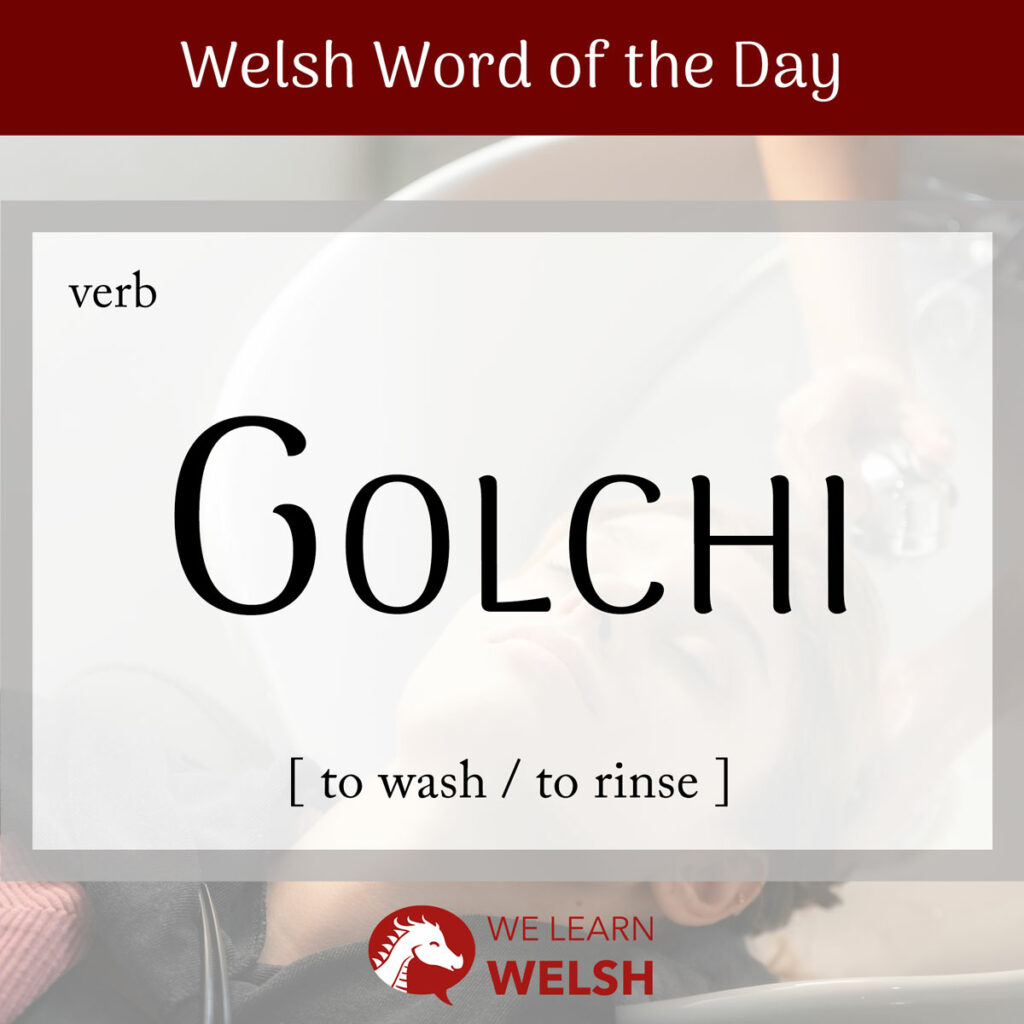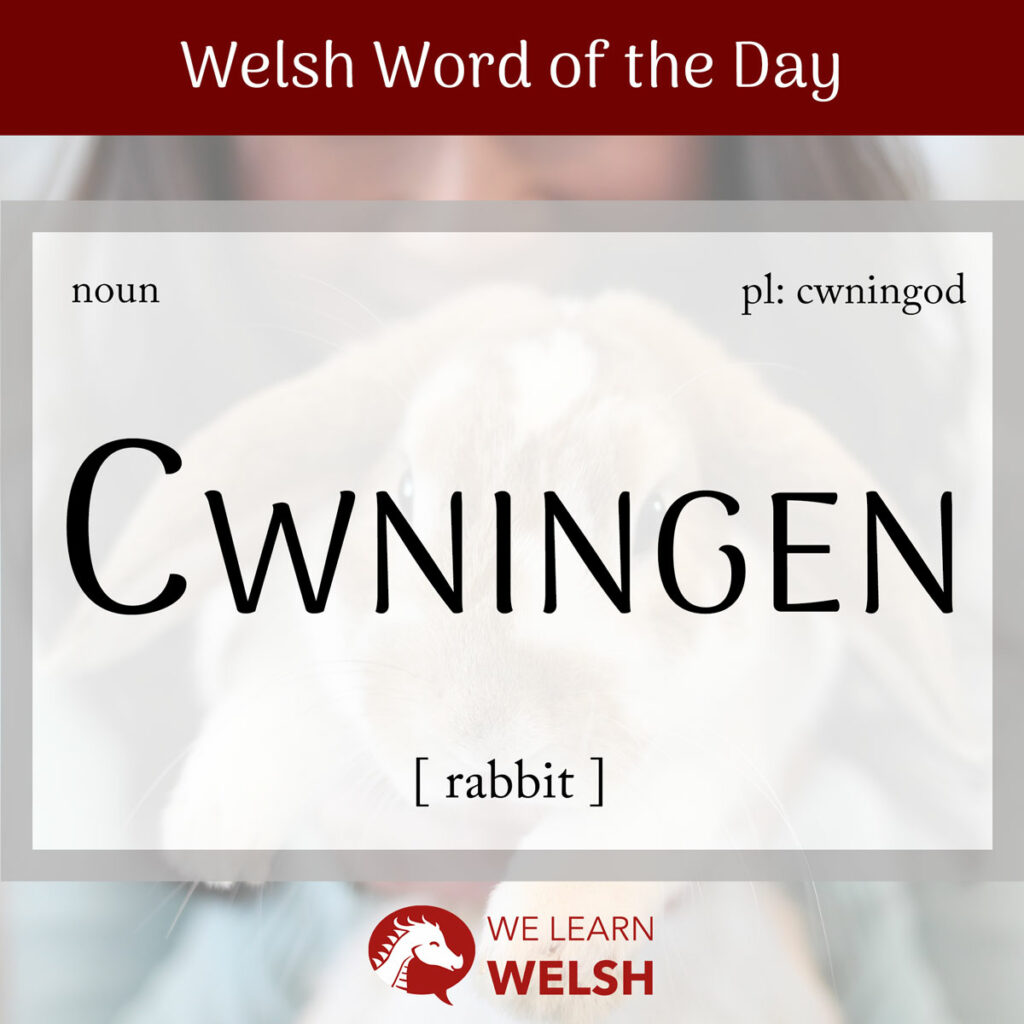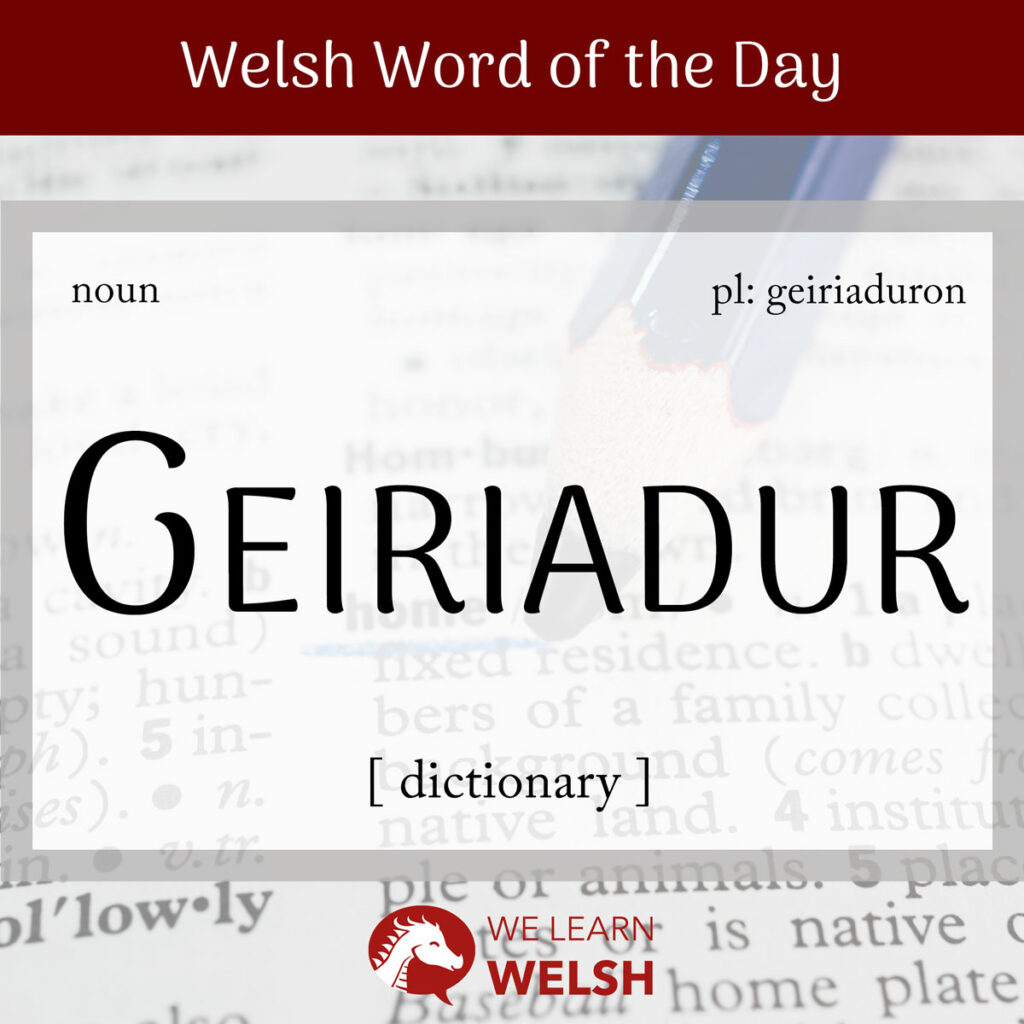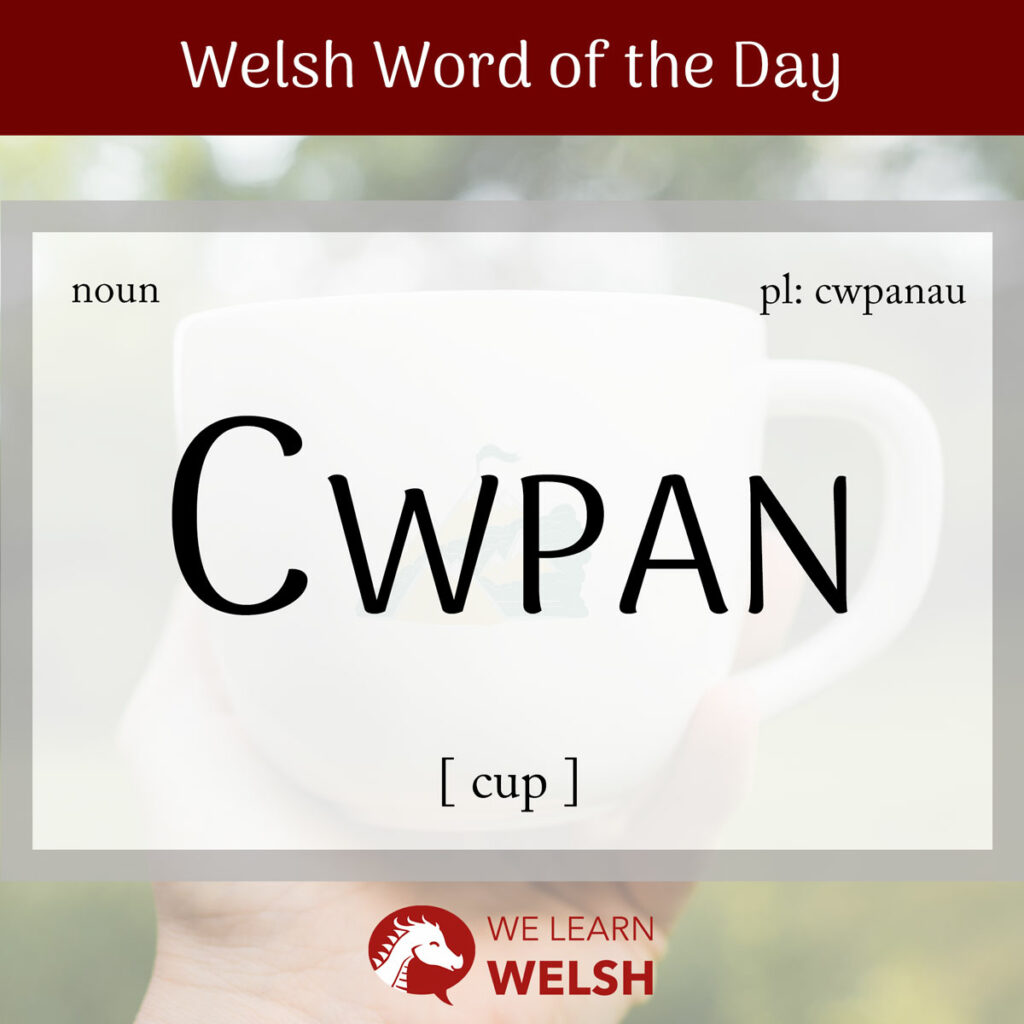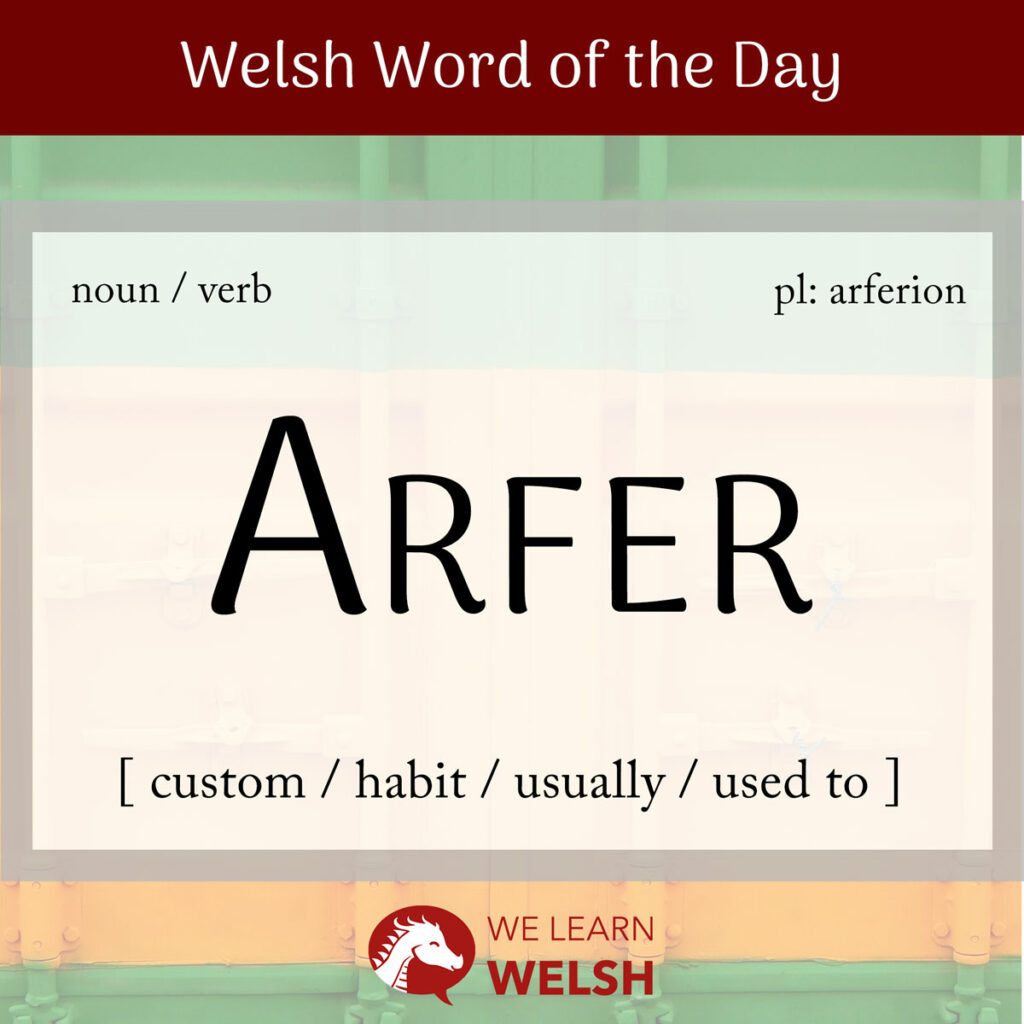Welsh Word of the Day: Crys (shirt)
If there’s one piece of clothing most of us seem to have in abundance, it’s probably the simple shirt – or crys as it’s called in Welsh. In fact, I recently gave away nearly twenty to our local charity shop! crys shirt According to Geiriadur Pryfysgol Cymru, it is possible that belt (gwregys) was the …



